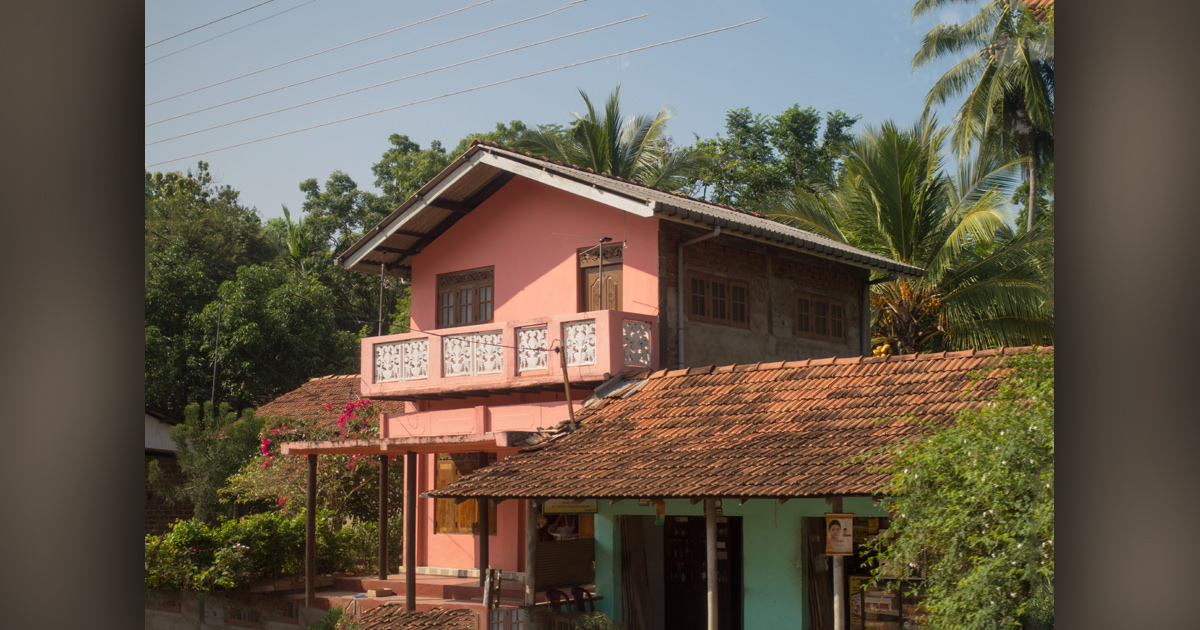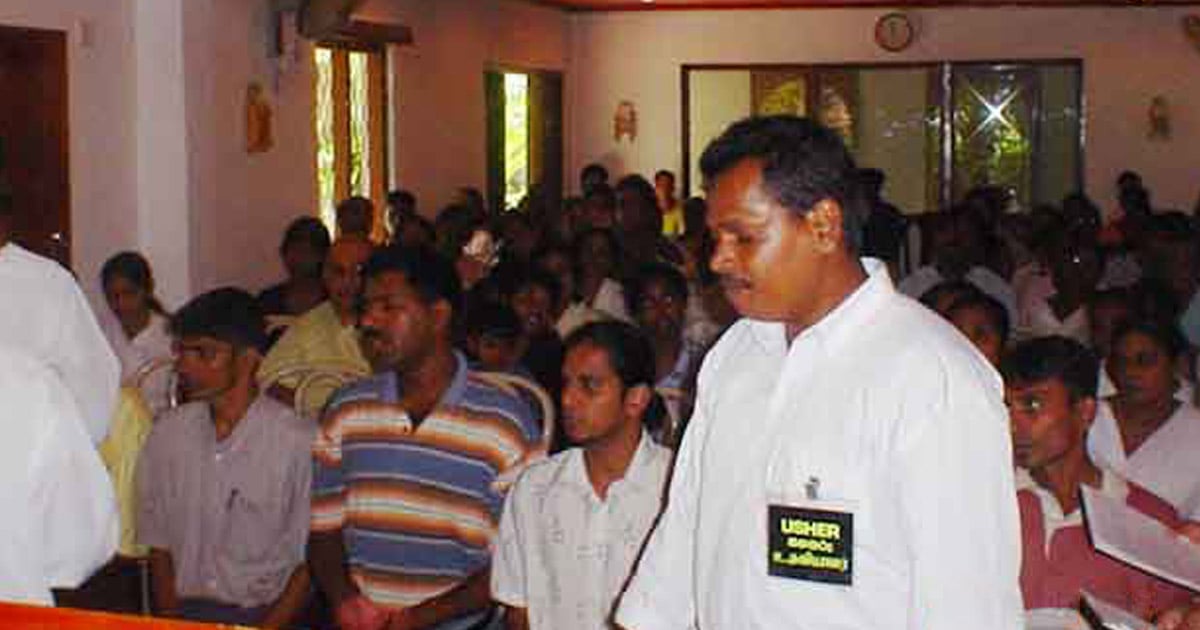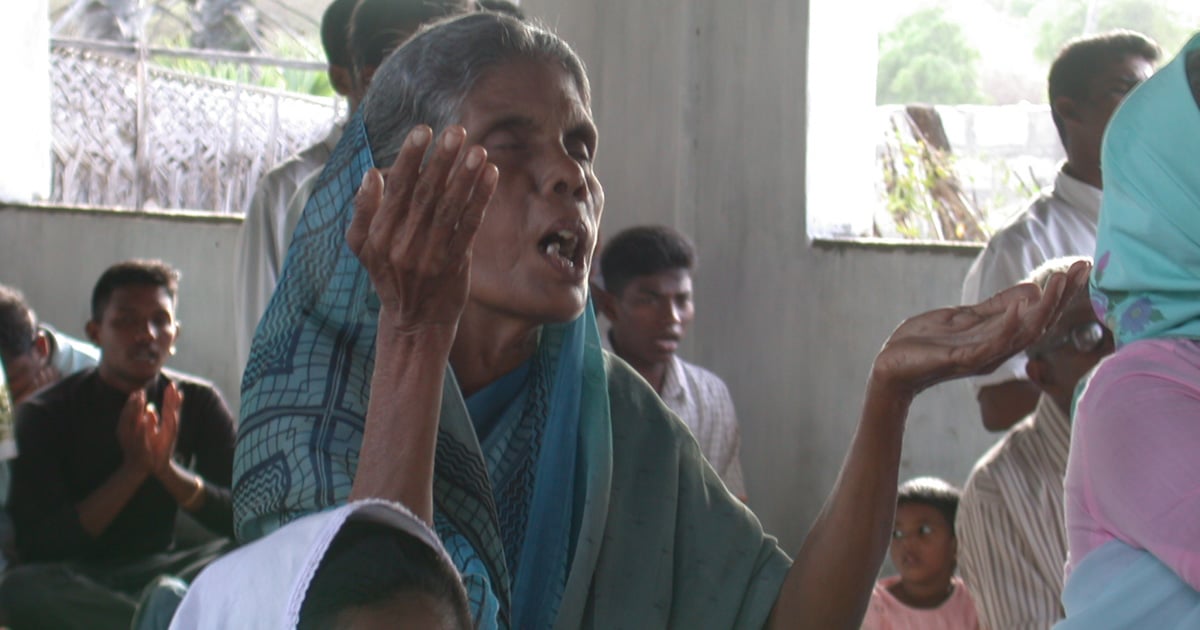An act to provide for prohibitions of Conversion from one religion to another by use of force or Allurement or by fraudulent means and for matters incidental there with incidental thereto.
5. WHEREAS, Buddhism being the foremost religion professed and practiced by the majority of people of Sri Lanka, due to the introduction by great Tathagatha, the Sambuddha in the 8th month after he had attained Buddhahood on his visit Mahiyangan in Sri Lanka and establishment after the arrival of Mahinda hero:
10. AND WHEREAS, the State has the duty to protect and foster the Buddha Sasana while assuring all the religions the rights generated by Article 10 and 14 (1) (e) of the Constitution of the Republic of Sri Lanka:
AND WHEREAS, the Buddhist and the non Buddhist are now under serious threat of forcible conversations and proselyzing by coercion or by allurement or by fraudulent means:
15. AND WHEREAS, the Mahasanga and other religious leaders realizing the need to protect and promote religious harmony among all religions, historically enjoyed by the people of Sri Lanka:
BE it enacted by the Parliament of the Democratic Socialist Republic of Sri Lanka as follows: -
20. 1. This Act may be called the Prohibition of Forcible Conversion of Religions Act. No. Have 2004.
(Short title)
2. No person shall convert or attempt to convert, either directly or other wise, any person from one religion to another by the use of force or by allurement or by any fraudulent means nor shall any person aid or abet any such conversions
25. (Forcible conversion illegal.)
3. (a) Whoever adopts a religion from one religion to another shall within such period as may be prescribed by the Minister, send intimation to that effect to the Divisional Secretary of the area in which such adoption took place. (Intimation to the Divisional Secretary).
(b) Who ever converts any person from one religion to another either by performing any ceremony by himself for such conversion as a facilitator or by taking part directly or indirectly in such ceremony shall within such period as may be prescribed by the Minister, send in an intimation to that effect to the Divisional Secretary of the area in which such adoption took place.
4. (a) Notwithstanding contrary to any provision in the Code of Criminal Procedure Act, whoever contravenes the provisions of section 2 above shall, without prejudice to any civil liability, shall be guilty of any offence and on conviction before a magistrate be liable to be punished with imprisonment for a term which may not exceeding five years and also be liable to a fine not exceeding Rupees one hundred and fifty thousand:
Provided that whoever contravenes the provisions of section 2 above in respect of a minor, a woman or a person referred to in schedule I hereof, shall on conviction before a Magistrate be punished with imprisonment for a term not exceeding seven years and also be liable to a fine not exceeding rupees five hundred thousand.
(b) Whoever fails, without sufficient cause, to comply with the provisions of section 3 (a) and (b) above shall on conviction before a Magistrate be punished with imprisonment for a term not exceeding five years or with a fine, not exceeding rupees one hundred and fifty thousand:
5. Proceedings before a Magistrate may be instituted in one of the following ways:
(a) by the Divisional Secretary of the area or an officer authorized by him for the purpose;
(b) by the Police in terms of Section 136 of the Criminal Procedure Act, No. 15 of 1979, upon a complaint made to the Police by a person aggrieved by the offence or in the case of a Minor, by his or her father or mother or a lawful Guardian or any other interested person who has reasons to believe that the provisions of the act has been violated, acting in the public interest;
(c) by a person aggrieved by the offence;
(d) by an Attorney-at-Law;
(e) by any person authorized by the Minister.
6. The Minister for the time being in charge of Justice may make rules and regulations for the enforcing and carrying out the provisions of this act and all such rules and regulations so made shall be published in the Government Gazette and shall be placed before the Parliament for approval.
7. In the event of any inconsistency between the Sinhala and Tamil texts of this Act. The Sinhala text shall prevail.
8. In this Act, unless the context otherwise requires-
(a) "allurement" means offer of any temptation in the form of-
(1) any gift or gratification whether in cash or kind;
(2) grant of any material benefit, whether monetary or otherwise;
(3) grant of employment of grant of promotion in employment;
(b) "convert" means to make one person to renounce one religion and adopt another religion;
(c) "force" shall include a show of force including a threat or harm or injury of any kind or threat of religious displeasure or condemnation of any religion or religious faith;
(d) "fraudulent" means includes misinterpretation or any other fraudulent contrivance;
(e) "Minor" means a person under eighteen years of age.
SCHEDULE 1
1. Those persons classified as samurdhi beneficiaries
2. Prison inmates
3. Inmates of rehabilitation centres
4. Inmates of detention centres
5. Physically or mentally retarded
6. Employees of an organization
7. Members of the armed forces or police
8. Students
9. Inmates of hospitals and or places of healing
10. Inmates of refugee centres
11. Any other category as may be prescribed by the minister by regulations

 Population
Population



